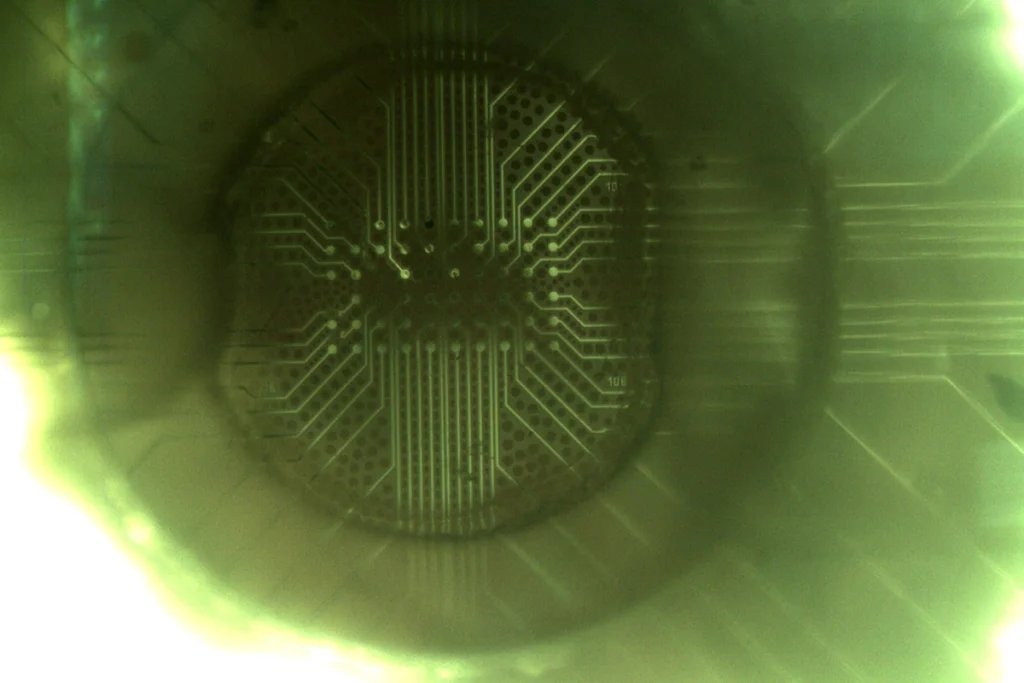Sarah DeWeerdt is a Seattle-based freelance science writer specializing in biology, medicine and the environment. Her work has appeared in publications including Nature, Newsweek, Conservation and Nautilus. She has been a regular contributor to The Transmitter since 2010, writing conference reports, news and Deep Dive articles.
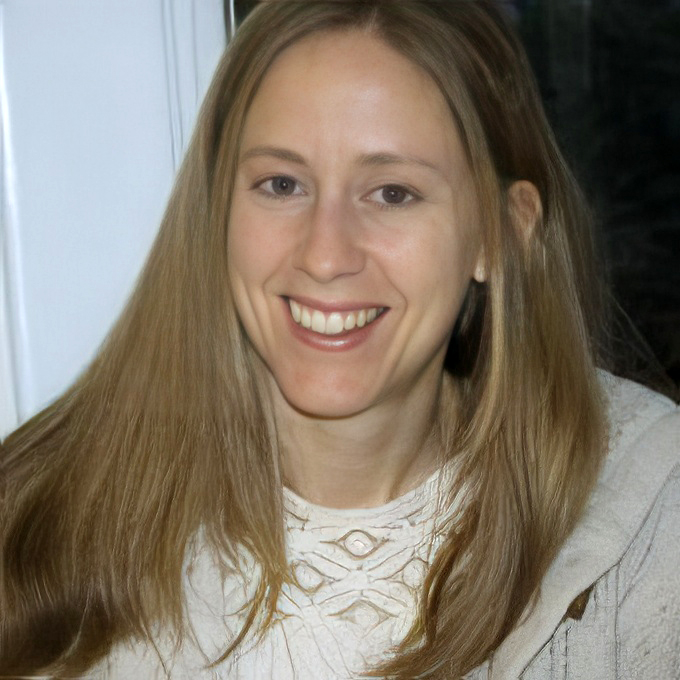
Sarah DeWeerdt
Contributing writer
From this contributor
Assembloids illuminate circuit-level changes linked to autism, neurodevelopment
These complex combinations of organoids afford a closer look at how gene alterations affect certain brain networks.
Assembloids illuminate circuit-level changes linked to autism, neurodevelopment
Sensitive test of autism treatment effects could enable comparison of different interventions
In a first, researchers used the BOSCC measure to analyze data from multiple previous studies.
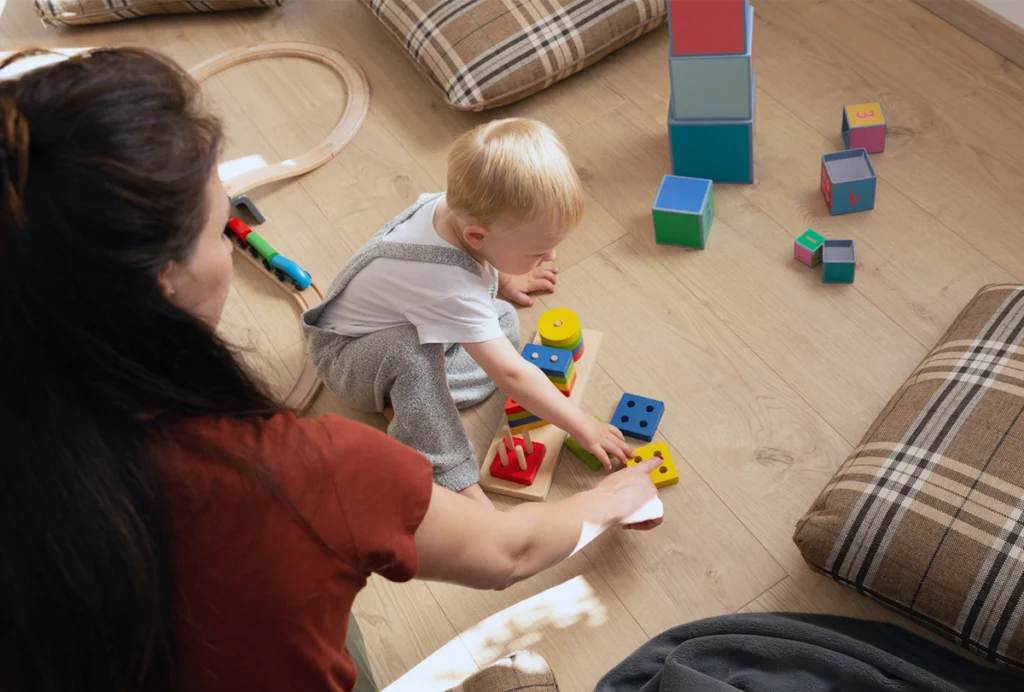
Sensitive test of autism treatment effects could enable comparison of different interventions
Autism-linked genes shape touch processing through different mechanisms, at different times
Whereas some mice display hypersensitivity to touch only as adults, others respond that way from birth.
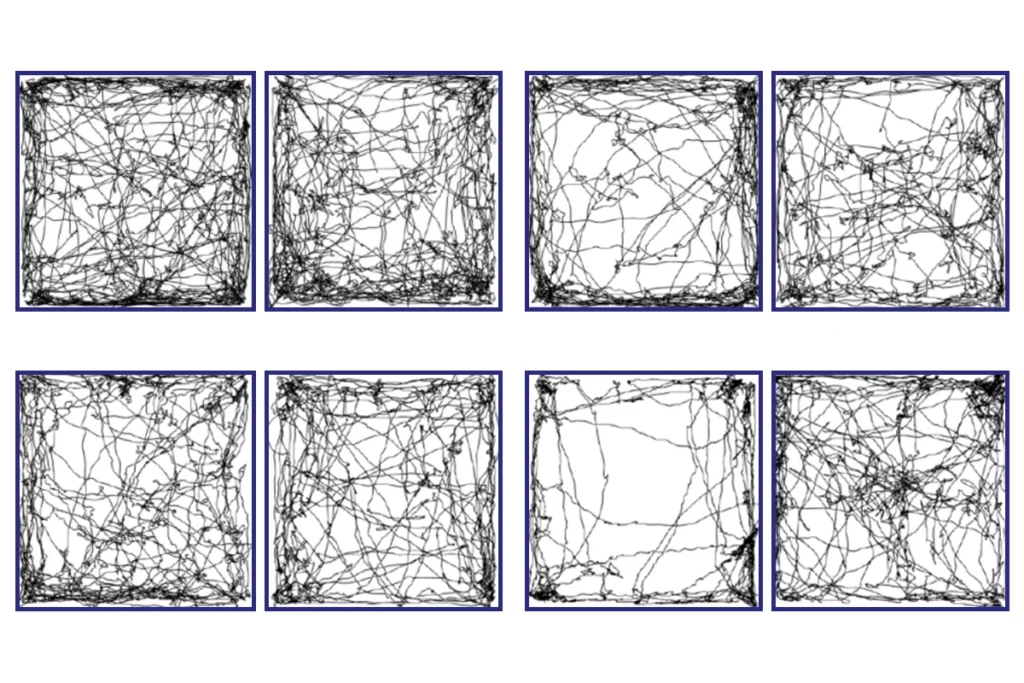
Autism-linked genes shape touch processing through different mechanisms, at different times
Making cancer nervous
Nerve cells in the brain and throughout the body can turbocharge tumor growth — a finding that not only expands conventional ideas about the nervous system but points to novel therapeutic targets for a range of malignancies.
Lacking autism-linked gene, female birds tune out favorite songs
The gene, FOXP1, influences an animal’s motivation to listen to social communication, a new study suggests.
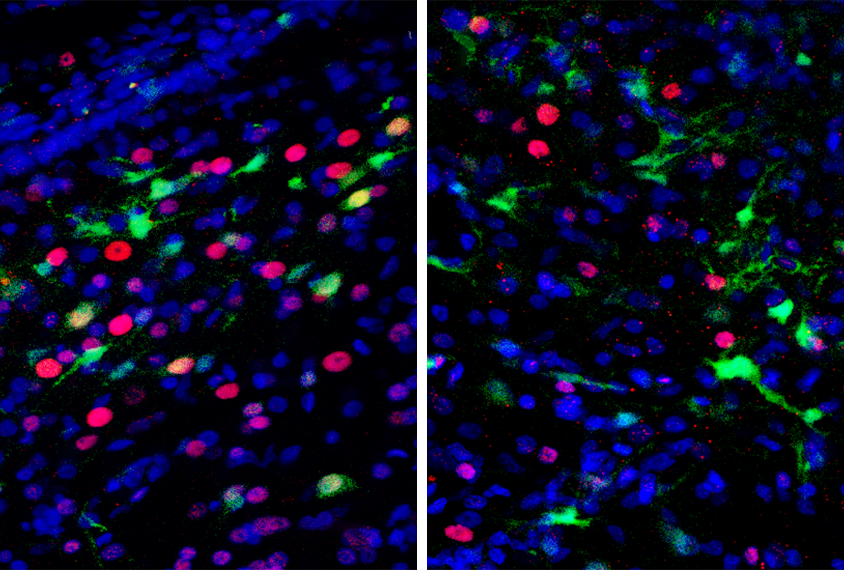
Lacking autism-linked gene, female birds tune out favorite songs
Explore more from The Transmitter
Hessameddin Akhlaghpour outlines how RNA may implement universal computation
Could the brain’s computational abilities extend beyond neural networks to molecular mechanisms? Akhlaghpour describes how natural universal computation may have evolved via RNA mechanisms.
Hessameddin Akhlaghpour outlines how RNA may implement universal computation
Could the brain’s computational abilities extend beyond neural networks to molecular mechanisms? Akhlaghpour describes how natural universal computation may have evolved via RNA mechanisms.
Immune cell interlopers breach—and repair—brain barrier in mice
The choroid plexus, the protective network of blood vessels and epithelial cells that line the brain’s ventricles, recruits neutrophils and macrophages during inflammation, a new study shows.
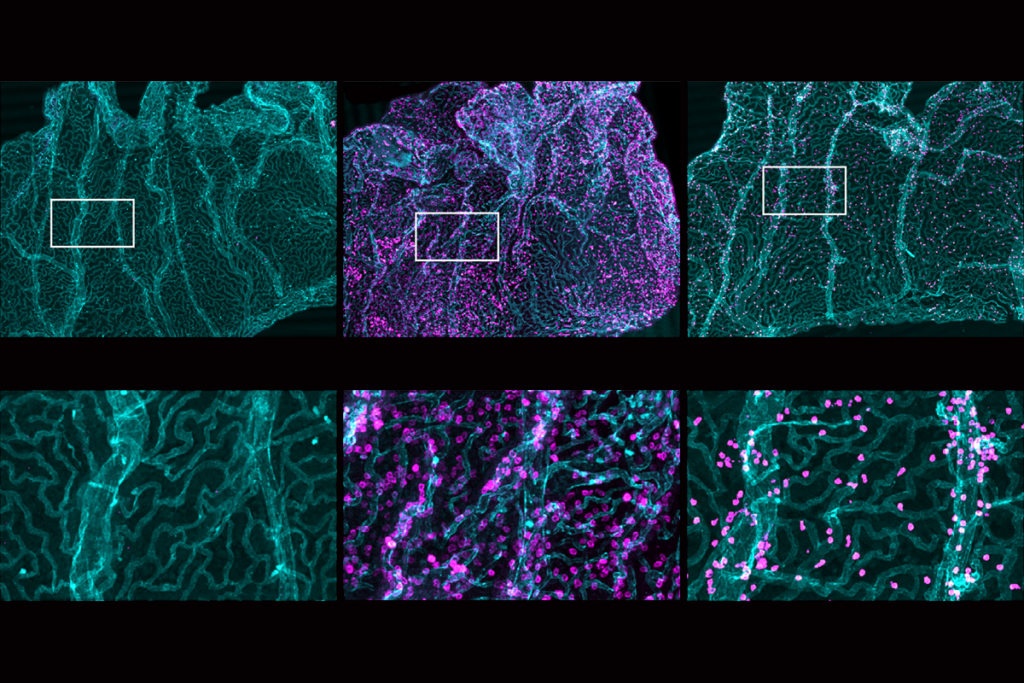
Immune cell interlopers breach—and repair—brain barrier in mice
The choroid plexus, the protective network of blood vessels and epithelial cells that line the brain’s ventricles, recruits neutrophils and macrophages during inflammation, a new study shows.
Are brains and AI converging?—an excerpt from ‘ChatGPT and the Future of AI: The Deep Language Revolution’
In his new book, to be published next week, computational neuroscience pioneer Terrence Sejnowski tackles debates about AI’s capacity to mirror cognitive processes.
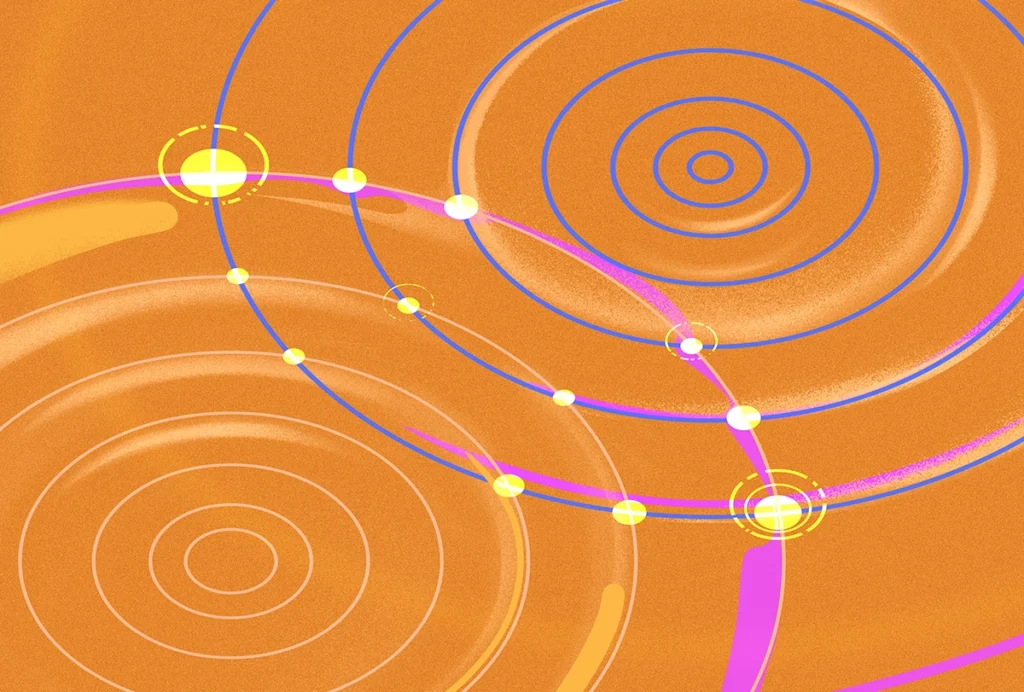
Are brains and AI converging?—an excerpt from ‘ChatGPT and the Future of AI: The Deep Language Revolution’
In his new book, to be published next week, computational neuroscience pioneer Terrence Sejnowski tackles debates about AI’s capacity to mirror cognitive processes.
